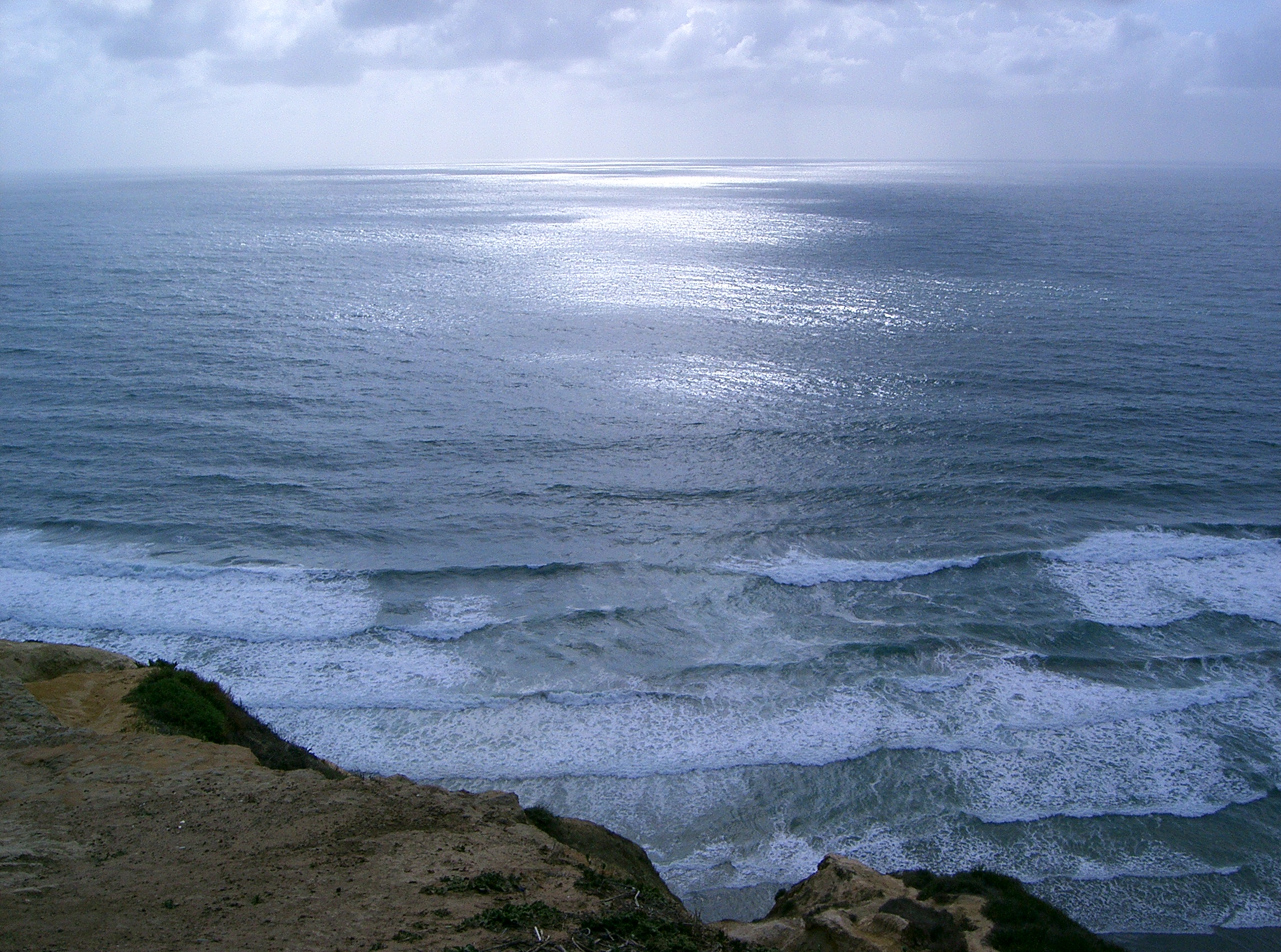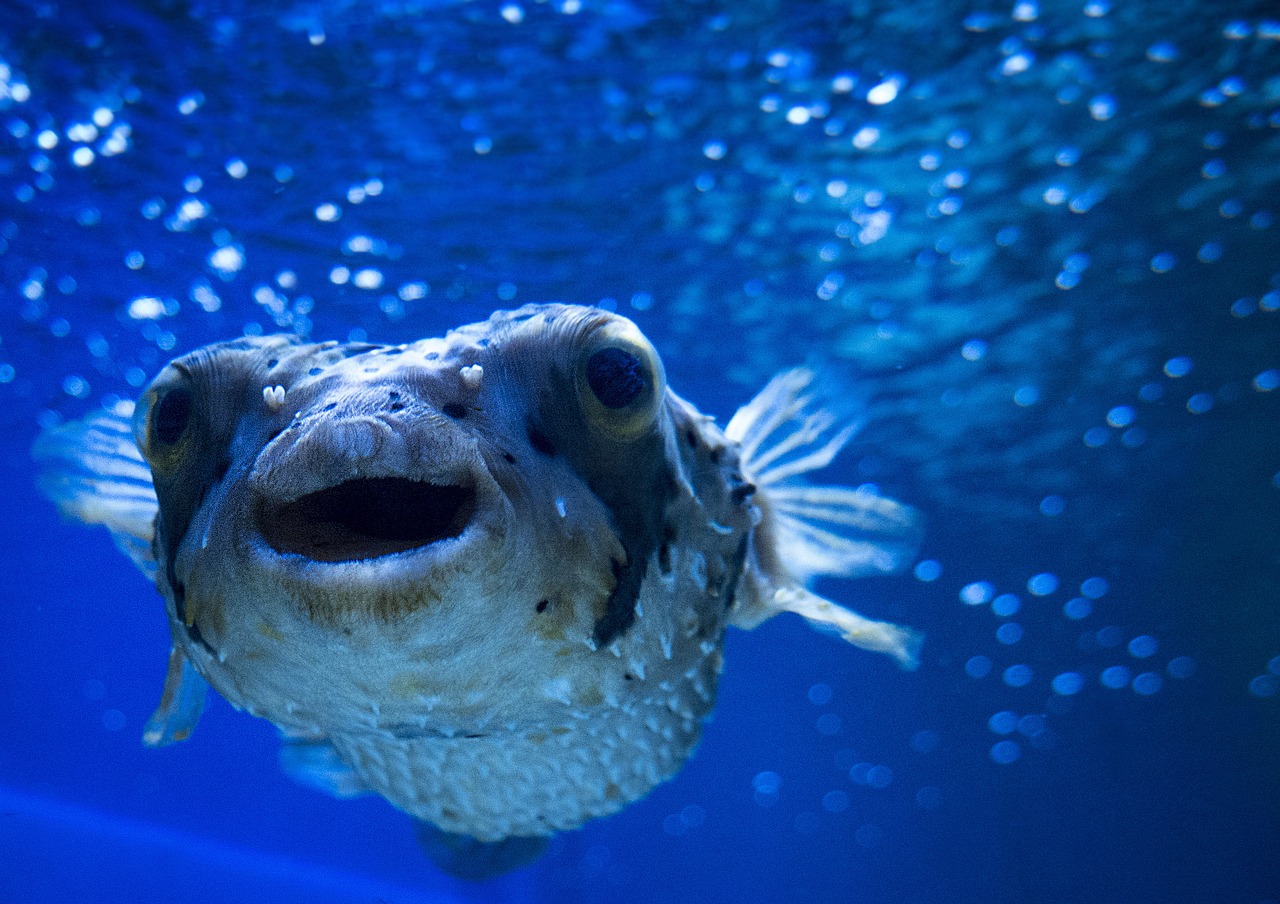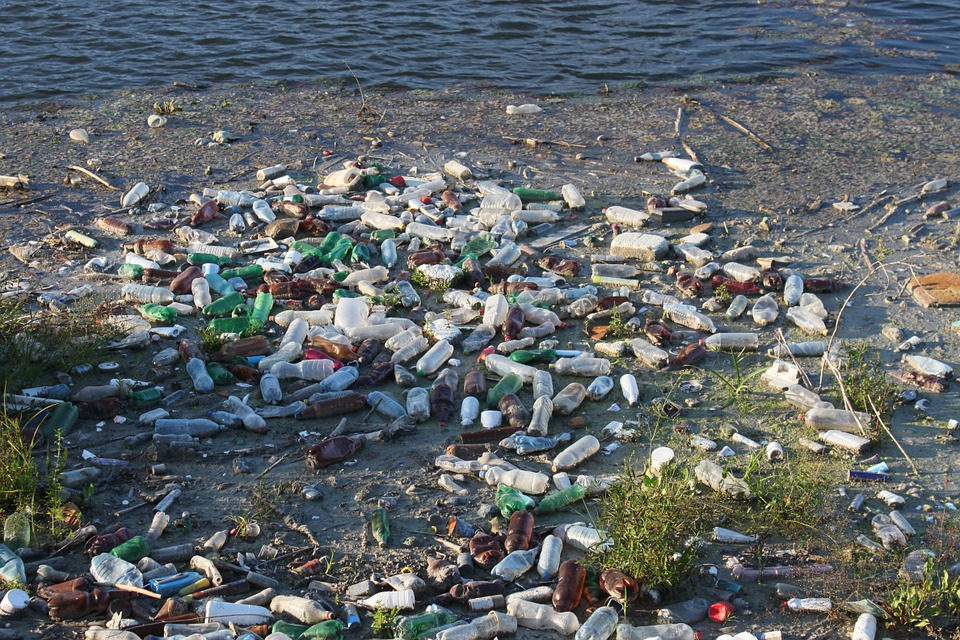Mind your Marine Manners!
While we talk here mostly about eating and enjoying seafood, we realize that there are two sides to every coin. We’re very privileged to have an abundance and multitude of diverse fish and sea creatures that help us to live, and that are an important part of nature’s incredible food chain.
So, let’s not forget that the oceans, seas, and lakes that surround us are also natural habitats for all sorts of marine and ocean wildlife that depend on the abundance of fish and seafood as well for survival. In or out of water, as stewards of the earth, we must respect and understand the right ways to interact with marine and ocean wildlife.
We’re all connected
There are so many endangered species within and outside of our lakes, rivers, and oceans. So when we don’t take the time to learn how to interact with certain marine wildlife when we encounter them or visit their natural environments, we run the chance of putting the lives of endangered species and others at risk. We depend on them to maintain the balance of our fish and seafood resources so that there is plenty for all.
Ocean Views

When you’re out on the sea, you may glance upon some incredible creatures, and you may find yourself up close and personal with one or more. So be sure to know what you might encounter before you go, so you’ll understand their habits and movements. There are many aquatic species that have unique habitats such as coral reefs, estuaries, the vast sea, or even sand dunes.
Too close for comfort
If you happen upon some marine wildlife, don’t try to run up on them to get an eye-to-eye closer look! Take advantage of tools to observe them from a distance, like spotting scopes, zoom-lens cameras, and binoculars. If you’re in a boat on the water, put the engines in neutral so the noise won’t disturb them. If your paths should be close, let them have the right of way to move freely and as unaware of your presence as possible.
No touching, please!
You should always show respect for marine wildlife however you observe them. That includes touching. It can injure some animals, endanger you, or even be against the law for some species. In touching the animal, you might compromise a protective covering that they need to defend against predators, plus they might give you a good whack, bite, or even drag you beneath the water if they’re rattled or feel attacked. So keep your hands to yourself!
Avoid temptation!

Trying to coax wildlife, whether in water or on the shore with temptations like food, sounds, or other interruptions can have a dangerous effect on their normal biological rhythms, which can throw them off their own natural routine cycles or introduce some kind of contaminant. It might also have fatal consequences by weakening their fear of humans and set them up to be harmed or even killed by a predator.
Stay in your lane!
Never follow, chase or attempt to trap an animal on land or water by intimidation. If you try to block its escape it could easily turn on you and inflict dangerous harm. And never, ever come between a mother and her young! If you’re in a boat, don’t approach them head-on or from the rear. Giving them respectable space is the best way to live and let live!
Don’t be a hero!
If you suspect that a marine wildlife is sick or injured, do not under any circumstances go over to see if there’s something wrong with and if you can help. Sometimes, as in the case of a seal, they’re not always necessarily in trouble when they’re on land. That’s because it might be part of what they normally do, or how they relax. If they are sick, approaching them might cause them to charge and bite. Notify the local authorities or an animal rescue organization for assistance.
Keep it clean

We as humans have put the world into distress with our disposable attitudes and garbage. It’s as much a problem on land as in the water. So one of the things we all can do better is monitor and police our own habits. Pick up litter that you might see on the shoreline or even in the water. Floating debris in water, plastic bags, and discarded fish line can really harm wildlife in unimaginable ways.
We’re all responsible!
Sometimes you have to watch out for what others might do that could pose a threat or harm to marine life. You often have to set an example for others to follow. Show respect, sensitivity and responsibility when encountering wildlife, or speak up if you notice others behaving badly. It’s not easy to have to police fellow human beings, but sometimes it’s necessary to help protect our natural resources. The protection and survival of our land and sea inhabitants is everyone’s responsibility!
If you’d like to learn more about being responsible marine mammal observers, visit National Oceanic and Atmospheric Administration (NOAA) Fisheries website.